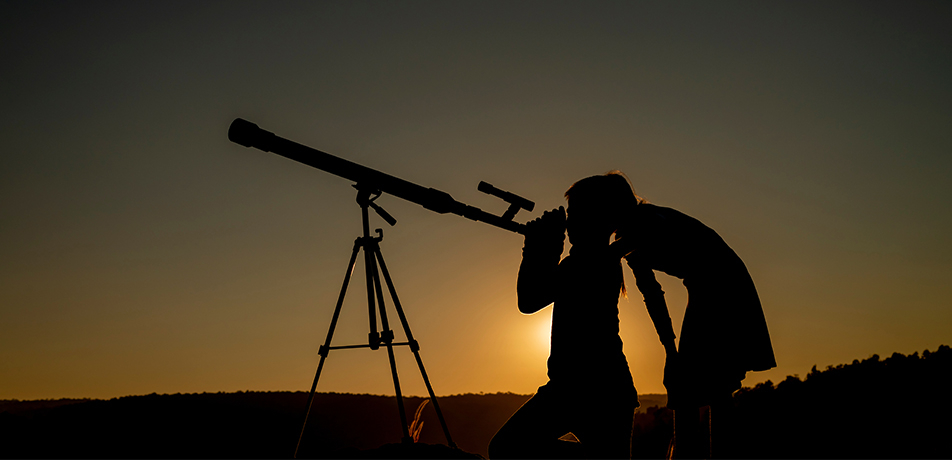
In January, the American Committee hosted a webinar introducing Weizmann’s flagship Frontiers of the Universe initiative. Frontiers will fund research by astrophysicists and particle physicists to elucidate the nature of space, time, and life itself—from the tiniest subatomic particles to the largest galaxies.
Drawing about 140 participants, the online event featured two of the scientists involved in this flagship project: Prof. Avishay Gal-Yam, from the Department of Particle Physics and Astrophysics, and Prof. Oded Aharonson, from the Department of Earth and Planetary Sciences.
The event opened with remarks from ACWIS Executive Committee member Dr. Mark Alexander, a major supporter of the ULTRASAT satellite mission—a key component of the Frontiers project— through the Norman E. Alexander Family M Foundation. Dr. Alexander spoke about his childhood interest in outer space, which compelled him to support the mission: “Here was an opportunity, through our philanthropic participation, to look up at the sky once again … and imagine what secrets of the universe were beckoning for discovery,” he said.
Prof. Gal-Yam provided an overview of the Frontiers initiative, including ULTRASAT, a small but mighty telescope aboard a satellite, planned to be launched into space from Cape Canaveral, Florida, in 2024. He also explained why Weizmann—with its multidisciplinary approach and expertise in astrophysics and particle physics—is the ideal place to uncover the mysteries of the cosmos.
Prof. Aharonson followed with a presentation about his planetary research, and most recently his focus on the discovery of exoplanets. The ULTRASAT mission will help him detect planets orbiting other stars in our galaxy and determine whether they might be hospitable to life.
To conclude the event, the two scientists engaged in a lively Q&A, moderated by American Committee CEO Dave Doneson.





